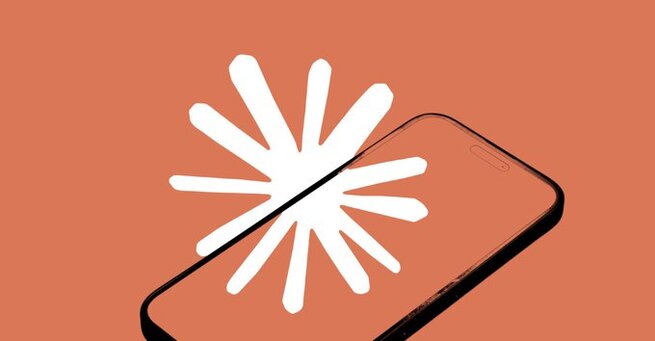
Anthropic AI settlement has captured global attention as one of the largest copyright payouts in U.S. history. The company has agreed to pay $1.5 billion to authors, with compensation averaging about $3,000 per book. This marks a groundbreaking moment in the ongoing debate about how artificial intelligence companies use creative works to train their models. The decision not only sets a legal precedent but also highlights growing concerns about copyright, fair use, and author rights in the age of generative AI.
The $1.5 billion payout is considered the biggest settlement ever reported in a U.S. copyright case involving artificial intelligence. Authors have long raised concerns about their books being used without permission to train AI systems, and this settlement shows the industry is beginning to respond. Beyond financial compensation, Anthropic is also required to destroy the files and copies of works it used, which reinforces the importance of protecting intellectual property in the digital era.
Authors involved in the case are expected to receive around $3,000 per book or work. While the actual payout depends on the number of claims submitted, the settlement could increase if more than 500,000 works are included. For many writers, this compensation is both symbolic and practical, recognizing their contribution to the knowledge and creativity that fuels AI advancements. This also sends a clear message to other AI developers about the risks of using copyrighted material without consent.
The settlement is not just about money—it’s about setting the rules for future AI development. While the agreement only covers past actions and does not grant Anthropic permission for future use, it places immense pressure on the entire AI sector. Companies will likely need to rethink how they source training data, negotiate licensing deals, and ensure compliance with copyright laws. This could pave the way for new collaborations between AI firms and creators, ensuring fairness and transparency.
The Anthropic AI settlement demonstrates that courts are prepared to hold tech companies accountable for copyright violations. It also highlights the growing tension between innovation and intellectual property rights. As AI becomes more powerful and widespread, such cases will likely shape future legislation and ethical standards. For authors, this is a landmark moment that validates their concerns and could inspire new protections worldwide.
𝗦𝗲𝗺𝗮𝘀𝗼𝗰𝗶𝗮𝗹 𝗶𝘀 𝘄𝗵𝗲𝗿𝗲 𝗿𝗲𝗮𝗹 𝗽𝗲𝗼𝗽𝗹𝗲 𝗰𝗼𝗻𝗻𝗲𝗰𝘁, 𝗴𝗿𝗼𝘄, 𝗮𝗻𝗱 𝗯𝗲𝗹𝗼𝗻𝗴. We’re more than just a social platform — from jobs and blogs to events and daily chats, we bring people and ideas together in one simple, meaningful space.